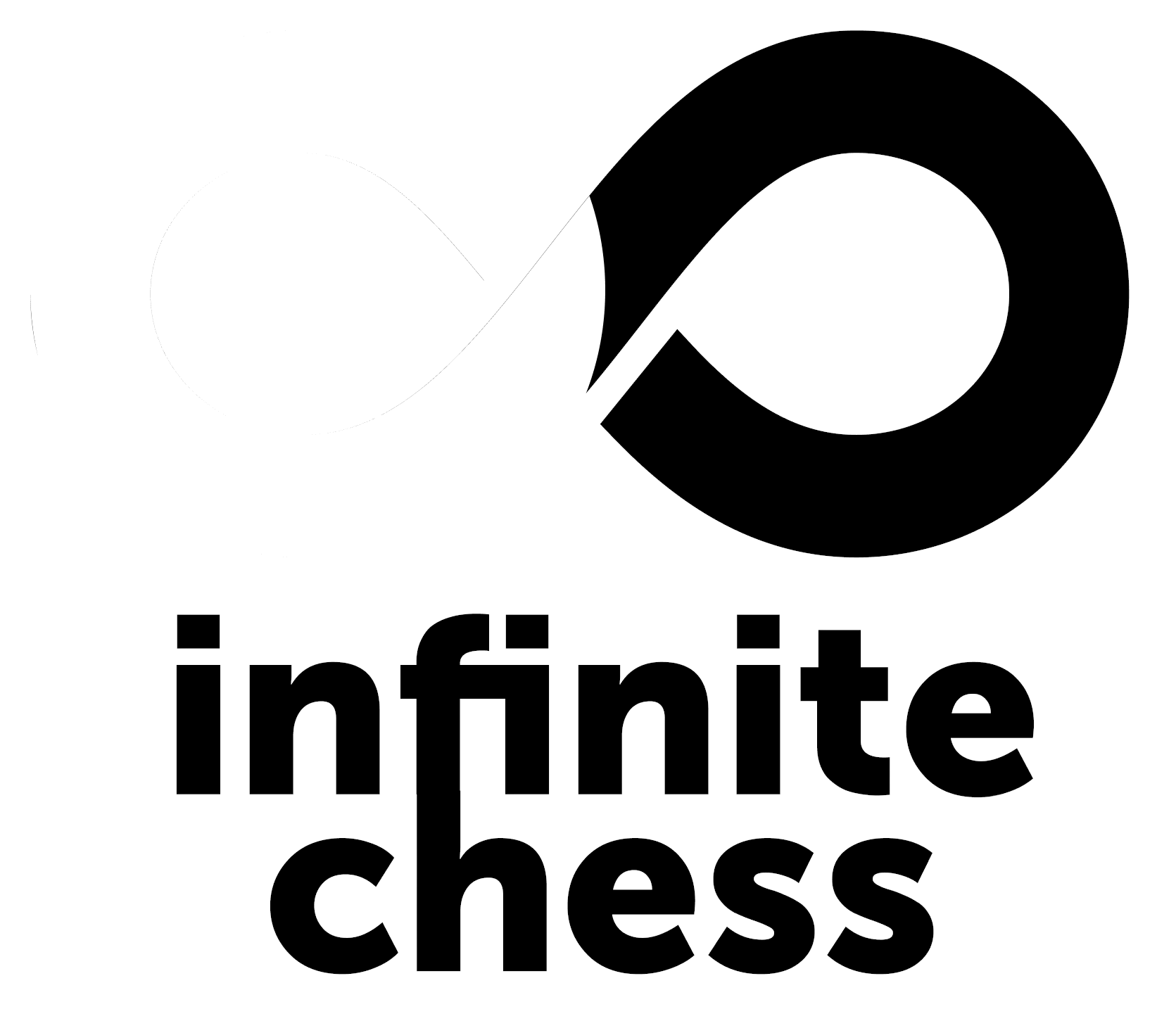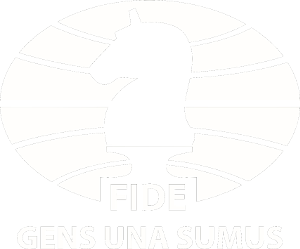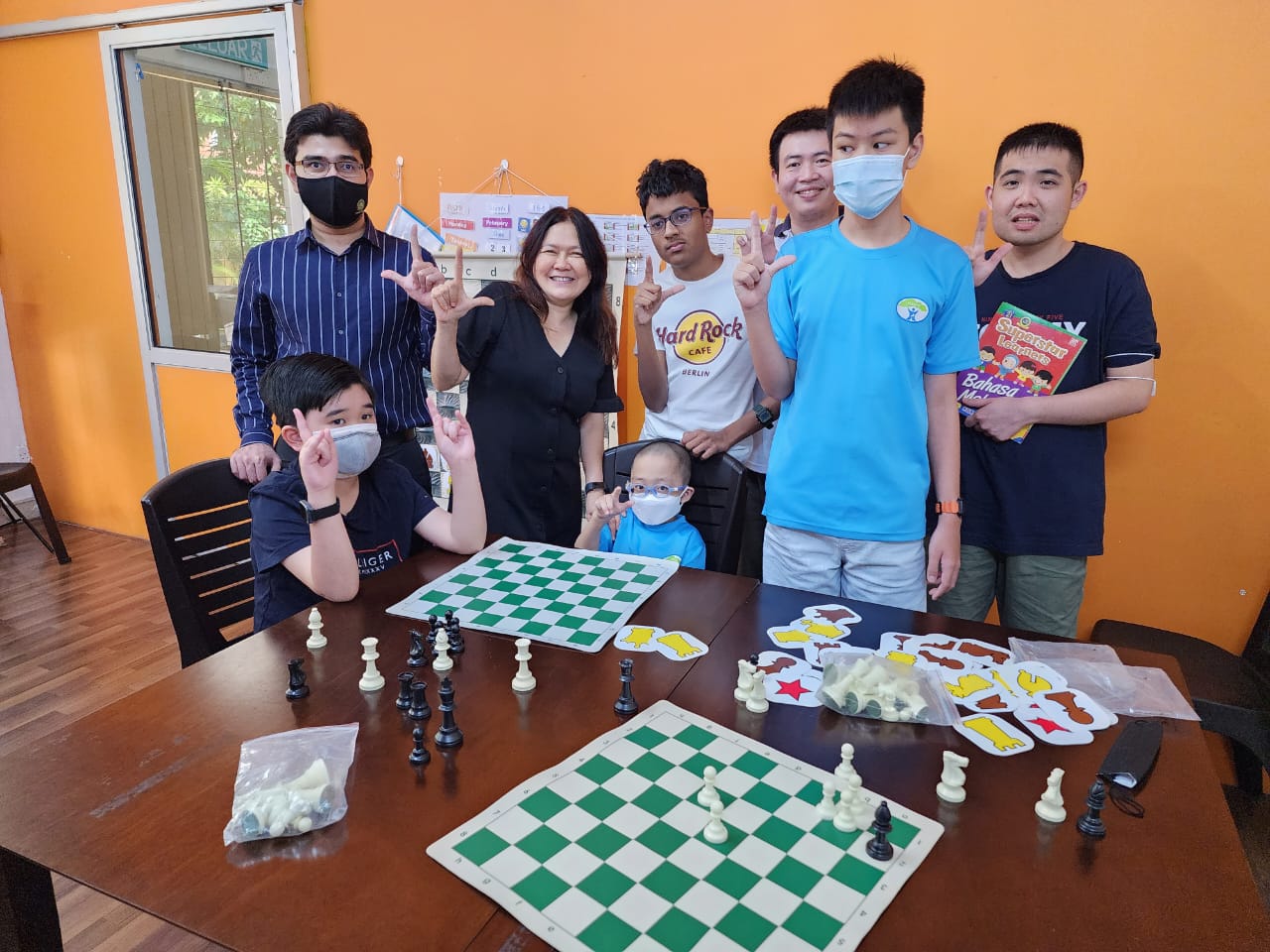
Chess, with its history stretching back to more than 1,500 years, has come a long way from being a pastime for nobles. It is today a source of enjoyment for people of all walks of life.
This so-called “Game of Kings” is linked to countless benefits for the enthusiast. These include the sharpening of the mind’s focus and improvements in calculation skills and mental fortitude.
Worldwide, various projects and initiatives are conducted to promote inclusivity and diversity in chess. All of these are in line with the motto for World Chess Day today, which is “teach chess to everyone”.
Among these initiatives is the Infinite Chess Project, an effort by the International Chess Federation (FIDE) to bring the game to autistic youth.
The global project aims to increase knowledge and awareness of chess among young people with autism spectrum disorder (ASD) while studying the benefits of introducing them to the game.
Launched as a small pilot project in Belarus in 2019, the initiative has since gained momentum and is now conducted in several countries. Malaysia was added to the list this year.
The local arm of the project, funded by FIDE and run in accordance with its guidelines, comes under the purview of the Malaysian Chess Federation and Penang Chess Association, in collaboration with the Oaktree Resource Centre.
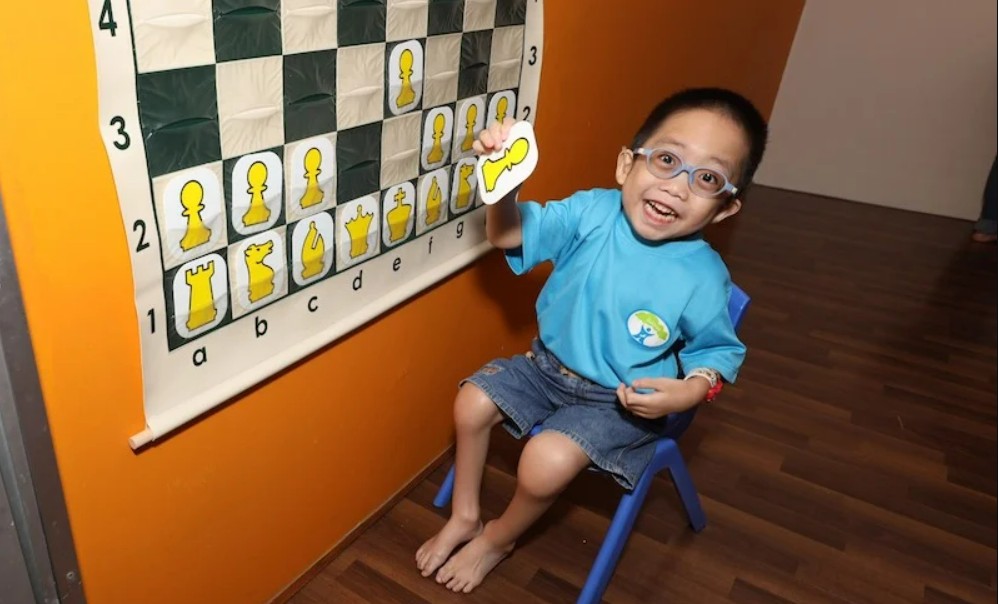
The project kicked off in Penang in April, starting with five students aged between seven and 21. Former national chess champion Jonathan Chuah serves as a trainer, while Penang Chess Association president and Malaysian Chess Federation deputy president See Swee Sie is the local coordinator.
Training, which is free of charge, involves several assistants, including national chess instructors and teachers of children with special educational needs.
Speaking with FMT Lifestyle, See said participants were responding well to the programme, which consists of 20 one-hour lessons, during which they learn the basic rules of chess, simple openings, simple checkmate techniques, and other fundamental elements of the game.
“Apart from improving in the game, they seem to enjoy the lessons and are approaching chess with more confidence,” she added.
“We are hopeful that these students will pick up not only skills in chess, but also other aspects of education as well as social and life skills.”
She said she did not believe that ASD prevented excellence in the game, noting that Ainul Mardiah, a 13-year-old girl with autism, was announced in May as Malaysia’s woman chess champion.
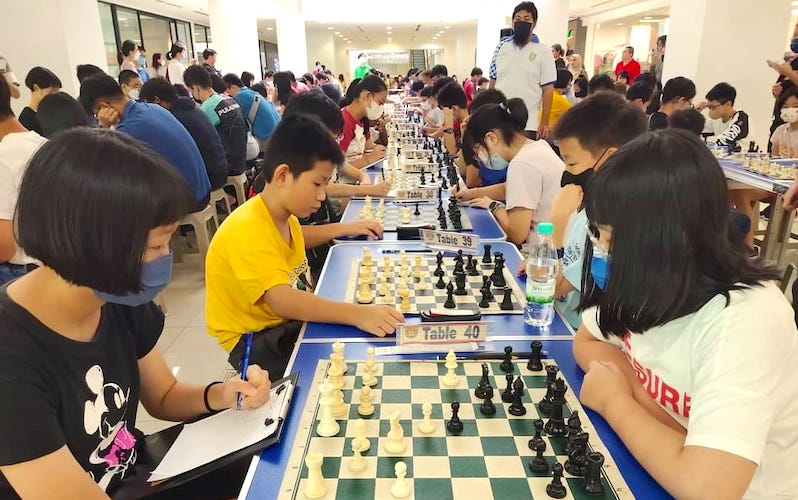
Malaysia currently enjoys a thriving chess scene with more than 40,000 active players, See pointed out – and there are many more picking up the game every day.
This is partly thanks to the efforts of organisations such as the Majlis Sukan Negeri Pulau Pinang, which promotes Chess For All initiatives such as free tournaments and clinics.
See also said local chess players have much to look forward to this year, beginning with the Malaysian Chess Festival at the end of next month.
December would see events such as the Eastern Asia U-20 event in Sabah, the Penang Heritage Chess Festival, and the Commonwealth Chess Championship in Melaka.
Text and photos: Malaysian Chess Federation and Penang Chess Association.
